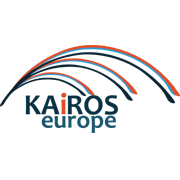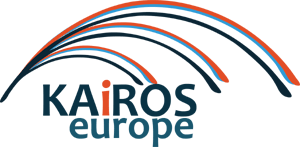Today we would like to share with you the impressions of some of the participants that took part in the ARISE project in 2018. Thank you very much Isabella and Sonali for sharing this article with us!
Funded by an ERASMUS+ grant, ARISE is an education and training project led by KAIROS Europe (UK). The MRG acts as a consortium partner on this project, which offers a range of professional development courses on migration in Southern Italy. A group of MRG members engage with these courses and, upon return, share the insights gained under this section. More information can be found here.
Day 1–Understanding the Migration Issues of Southern EU Countries
Session 1: History of the perceptions of immigration in Southern Europe: is the current ‘refugee crisis’ a ‘Mediterranean Problem’ or a ‘European Problem’?
Dr Leonie Ansems de Vries, King’s College London
– Looking at the effects of migrant management practices on people on the move, migrants’ struggles for mobility and spaces of transit (both institutional and informal)
Session 2: Understanding some of the main issues that migrants and refugees face at this present moment in Southern Europe.
Katharine Theresa Weatherhead, Queen Mary University
– Looking at migrants’ knowledge of asylum law and the organisations in place at hotspots which are responsible for providing information to newly arrived migrants and refugees
Key Theme: Narratives and Discourse
- How do we define and understand concepts such as ‘migrant’, ‘refugee’ and ‘crisis’? Is the ‘crisis’ about the number of refugees coming to Europe, or is it a ‘crisis’ in the sense that we are failing to provide safe routes for people on the move?
- How is language manipulated to portray some groups as more deserving than others?
- How do we create a shift in the language used when thinking about migration and people seeking refuge?
- How can we use language to create more positive representations of migrants?
- What types of borders exist, where are they enacted and how are they managed?
- What are some problems that arise due to the lack of legal routes available for migrants?
- Solidarity, dignity, respect, shared humanity, rights, empathy, humanitarian crisis, inclusion, agency, community

Day 2 – Southern Italy example – solutions on institutional and practitioner level
Session 1: Understanding the solutions that practitioners and institutions should put in place when migrants arrive using Southern Italy Example
Alessandra Cugnetto, Associazione Integrazioni Calabria
- Looking at the two phases of reception, hotspots and regional hubs and some of the challenges faced here
- Assessment of both the SPAR (Italian system for asylum seekers and refugees) and CAS (hospitality centres) system in Italy
Session 2: How can refugees be affected by mental health issues and how to recognise the first signs?
Matilde Spoldi, Itaka Training
- Analysis of how refugees can be affected by emotional/mental stress
- Looking at trauma models and patterns of behaviour to better understand and assess the possible symptoms, and triggers of PTSD
- Assessment of the different stages of trauma and recognition of a triple trauma paradigm (before, during and after)
Key Theme: PTSD and Trauma
What are some symptoms and causes of trauma?
- Pre-flight, flight, arrival, post-arrival, reality sets in – What are the different stages of trauma and why is it important to identify at what stage an intervention would be most appropriate?
- What are some of the strategies and coping mechanisms of dealing with/supporting someone suffering from trauma?
- How can art and music practices be used to help relieve some of the symptoms of trauma?
- What forms of agency can be produced by people experiencing trauma?
- How can we avoid victimising migrants experiencing trauma and focus on acts of resilience too?
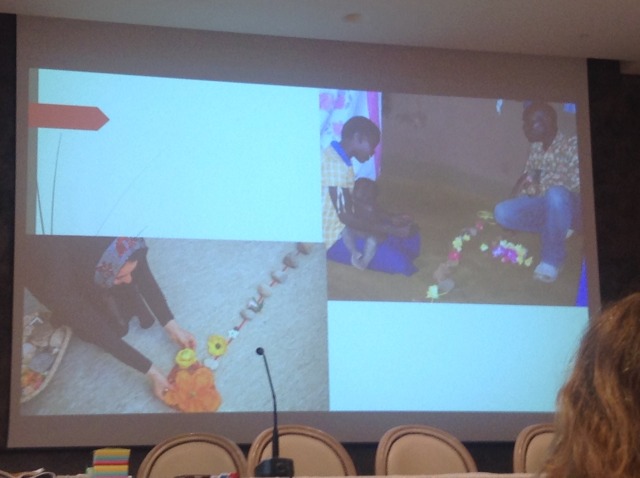
CAS long-term housing project. Visit to the accommodation for asylum seekers and refugees in the settling areas.
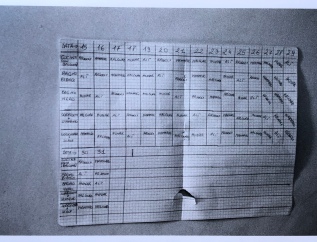

Day 3 – The importance of promoting common European values, intercultural dialogue and tackling social exclusion
How have different cultures and religions been accommodated in Europe?
Priest Boghos Karem
- Looking at the long history of migration in Europe – has always been there
- Assessment of how faith can be used to overcome prejudices and promote inclusion and hope
- Importance of promoting love
Importance of promoting European Values as a means for tackling social exclusion
Matilde Spoldi, Itaka Training
- Looking at Europe’s key values and some of the policies in place for promoting these values e.g. Europe’s 2020 Strategy
- Assessment of how values can be used to target social exclusion and discrimination e.g. through income support, inclusive labour markets and access to quality services
First Key Theme: European Values
- What are European values?
- Is the EU effectively promoting them?
- How do you promote integration and inclusion?
- How can you integrate and educate host communities with migrants?
- Importance of tackling racial discrimination and prejudices
- What can we learn from the approaches of different countries?
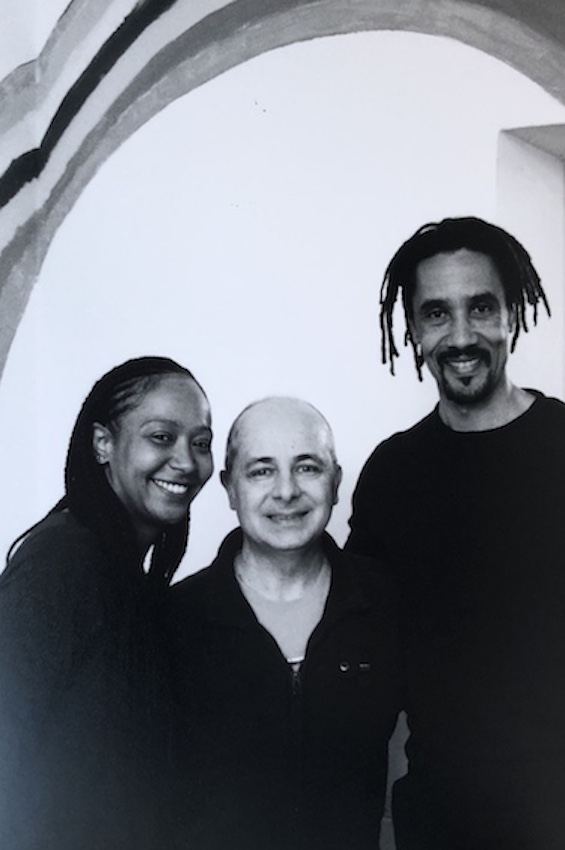
Pictured above: An image from a local homeless shelter for recently arrived migrants and refugees. An important example of host community involvement with 30 families in the local area taking it in turns to provide meals.
Meeting with Cultural Mediators, first- hand experience
Naimi Fadil, Hamady Seck, Abubakar Barrow, Shaybou Ibrahim
- Looking at the skills needed by cultural mediators – human dignity, patience, respect and listening are key skills
- Importance of working with host communities too to overcome prejudices and racial discrimination
- Looking at the difference between cultural mediators and interpreters – very different roles
Second Key Theme: Cultural Mediators
- What is a cultural mediator? What do they do?
- How can cultural mediators bridge an important gap between migrants and host communities in terms of access to services, education, language and integration
- What makes a good cultural mediator?
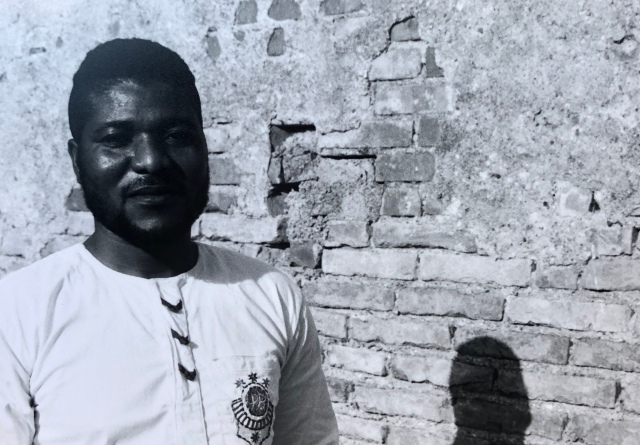
Day 4 – Education and Employability for Migrants and Refugees
Education as a means of inclusion of migrants and refugees
Ivan Ciaramida, SIFI (Social Innovation for Inclusion)
- Looking at differences between integration and inclusion
- Assessment of all areas of inclusion including socio-cultural, economic and legal
- Looking at the limitations and challenges Italy are facing with regard to integration and social exclusion of migrants and refugees – assessing the reasons for some of these barriers
The Promotion of educational opportunities for migrants and refugees
Ivan Ciaramida, SIFI (Social Innovation for Inclusion)
- Looking at the importance of education for fostering integration and inclusion
- Looking at the different educational projects being run in Italy – assessment of accessibility and how these are working
Key Theme: Education and Language
- Why is language such an important tool towards fostering integration and inclusion?
- Why is education of host communities also integral towards integration?
- What are some of the barriers to access to education that migrants face?
- How is Calabria/Italy addressing this?
- What are some of the successes/failures of this? What are migrants’ views?
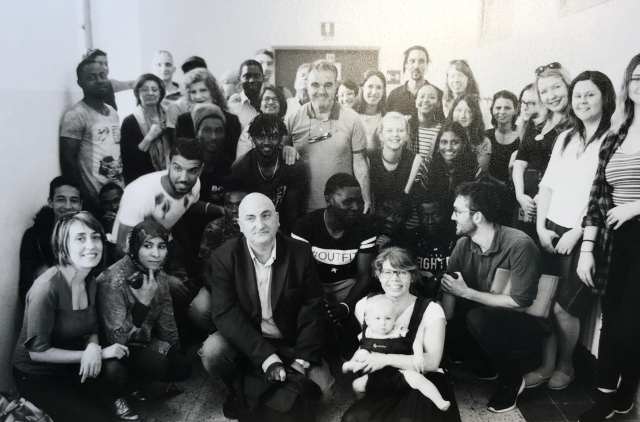
Visit to Public school that offers education for adult migrants.
CPIA (Centro Provinciale Istruzione Adulti)
Here, Thomas thinks about the difficulties that children from refugee backgrounds face in accessing mainstream education and considers what should be done so that these barriers can be overcome.
Day 5 – Education and employability for migrants and refugees
Promoting entrepreneurial skills in migrants and refugees
Ivan Ciaramida, SIFI (Social Innovation for Inclusion)
- Looking at the current economic challenges in Italy – high unemployment rate, problems of depopulation in the south, wealth discrepancy between north and south
- Assessment of the positive contributions of migrants and refugees to Italian economy with the example given of the agricultural sector
- Looking at the problems of economic exploitation and some of the ways of tackling this – a focus on the respect for workers rights, law enforcement and social inclusion of migrant workers
Meeting with Migrant Entrepreneurs
Key Theme: Entrepreneurship
- What are some of the barriers migrants face in terms of employment?
- How is economic exploitation of migrants being addressed in Italy?
- How can worker conditions be improved?
- How can migrants be supported more generally in terms of employment and entrepreneurship?
- How are migrants contributing to local economies?
Day 6: Reflections
Group Discussion of the Week
Feedback and Takeaways:
“The multi-method learning provided a rich, interactive environment for the exchange of ideas. In particular, the field visits allowed the group to develop a more holistic understanding of local projects, successes and challenges around refugee inclusion in Southern Italy”. IP
“I appreciated not only the structure and content of the training, but also the atmosphere. It was an atmosphere of eagerness and openness: eagerness to learn about large- and small-scale issues of refugee inclusion, and openness to critically reflect on current and future projects which impact refugee inclusion across Europe. The way that government and civil society projects have adapted over time to the changing needs of Italians and migrants was particularly interesting to talk about since it reveals changing social dynamics and the possibility for innovative responses.” KW
‘The training was eye-opening for me, both in how refugees and migrants are received in Southern Italy, and in the culture of the region as a whole. One of the most interesting things I found out was that in Italy refugees are able to work while waiting for their asylum claim to be processed, something that could really improve the lives of refugees in the UK.’ UN
‘The focus on language made me think about how we can change the conversation surrounding migration. Instead of migration being treated as a numerical problem, the emphasis should be on the problematic absence of any safe and legal systems in place for people seeking refuge. It was interesting to participate in an activity where we had to design an ideal integration system because it made me question why an effective one isn’t already in place in the UK and what barriers need to be overcome’. SN
About the Authors
Isabella Pearce holds a BA History degree from the University of Leeds and is currently studying an MA at King’s College London in International Conflict Studies. Her area of interests lie in examining alternative narratives of conflict and the power of storytelling. Her dissertation focuses on the role and visual representations of shaping alternative narratives of conflict by exposing the voices and stories of silenced groups. Isabella is part of the Migration Research Group at King’s College London and volunteers with refugee organisations in London. She is also interested in the role of combined creative/research approaches to migration and conflict studies and is involved with photography projects alongside.
Sonali Nundoochan of Mauritius holds a first-class honours degree in International Relations from King’s College London. She will continue her studies as King’s as an MA candidate in Comparative Literature, beginning in September 2018. She is interested in writing and research, as well as in exploring the ways language and stories can change the narratives around themes like migration and borders. She is part of the Migration Research Group at King’s. Additionally, she volunteers with various student groups and education projects in London, working with people from refugee backgrounds.
The views and opinions expressed in this article are those of the authors and do not necessarily reflect the official positions of Kairos Europe, its partners or their employees.
